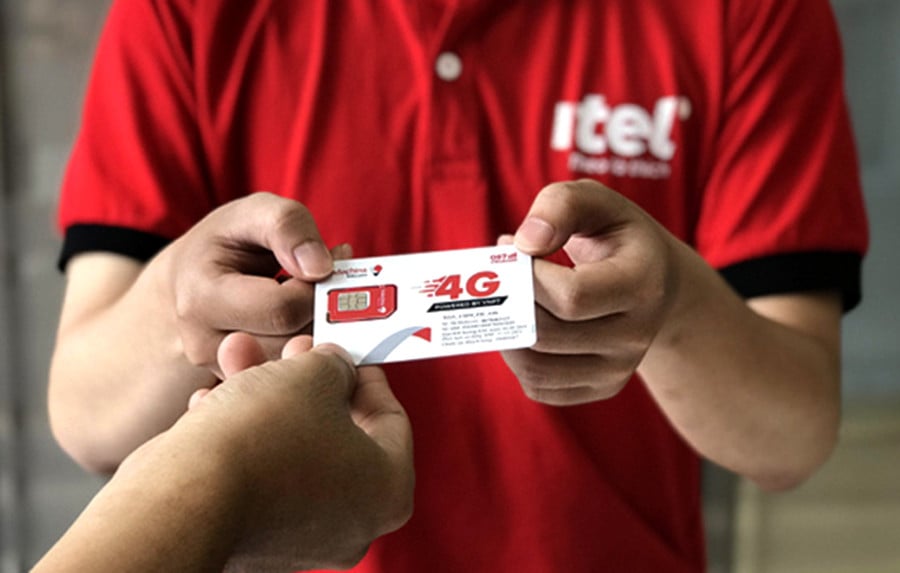
Virtual network stops developing subscribers online
On October 10, all four virtual mobile networks sent an urgent petition to the Ministry of Information and Communications, making a number of recommendations related to the issue of stopping all online subscriber development activities.
Virtual mobile networks including ITEL, ASIM, and VNSKY confirmed that they have complied with the suspension of subscriber development in the dealer channel system since September 10, 2023, as directed by the Ministry of Information and Communications. In particular, these networks have stopped providing all telecommunications goods to this channel system and strictly complied with the suspension of cooperation as directed; continuously internally reviewed the information of developed subscribers, and applied technologies to limit the activation of non-owner subscribers.

Virtual network operators also said that they have proactively contacted C06 - Ministry of Public Security to request permission to build connections with the National Population Database to compare/verify subscriber information. Regarding cooperation with channels such as Mobile World, FPT Shop, VNPOST, virtual network operators have also negotiated to reach an agreement with these units to develop subscribers on reputable chain channels designated by the Department of Telecommunications, Ministry of Information and Communications.
In addition, following the direction of the Telecommunications Department, 3 virtual network operators have planned and are implementing the suspension of all online subscriber development activities. Specifically, these network operators have notified customers and related parties before 10:00 p.m. on October 9, 2023 and will suspend online subscriber development from 10:00 p.m. on October 10, 2023.
As of 2:00 p.m. on October 10, of the four virtual mobile networks, only WINTEL of Masan had not made any announcement on its website after the Ministry of Information and Communications requested that network operators stop developing subscribers online. This is not the first time WINTEL has gone it alone; previously, this virtual network had only signed a commitment to join hands in blocking junk SIMs at the last minute.
Virtual network operators all complain of difficulties
In an urgent dispatch sent to the Ministry of Information and Communications , all three virtual mobile networks said that stopping online subscriber development would lead to many difficulties in maintaining production and business activities.
Virtual networks say that there are currently no channels to develop subscribers because they have stopped cooperating to develop subscribers through the agent channel. In addition, establishing fixed telecommunications service points requires a roadmap in terms of time and appropriate resources. In case of being unable to develop new subscribers, virtual networks will not have a source of revenue to offset the operating costs of the business, leading to the possibility of ceasing operations, directly affecting the interests of customers, employees and businesses. In addition, customer care for existing customers is greatly limited due to the lack of quick and effective interaction channels.
A virtual network operator said that as soon as the Ministry of Information and Communications released a list of reputable distribution chains, the distribution chain increased the commission price for developing subscribers, some chains even increased the price by 3 times. This caused virtual network operators to suddenly increase costs and profits to decrease sharply. Meanwhile, if they built their own store system, the estimated average cost to maintain a virtual network operator at the present time would be about 30 billion VND/month. With this cost, the entire revenue would not be enough to compensate for the construction and maintenance of the self-distribution system.
In a dispatch sent to the Ministry of Information and Communications, virtual mobile networks stated that customers who own their unactivated KIT will not have the tools to activate and use the services they have purchased. This will directly affect the rights of customers, leading to lawsuits, complaints and the risk of negative public reactions. In addition, customers' access to telecommunications services will be significantly affected by the decline in the distribution capacity of telecommunications businesses, in particular, it will greatly affect efforts to change customers' consumption habits from traditional shopping to online shopping.
Virtual mobile networks believe that online sales and service channels are an inevitable trend in the context of the 4.0 Industrial Revolution, a trend of deep digital transformation in all industries and fields of society, and also a consistent policy of the Party and State in the recent past as well as in the future. There are almost no products or services that are not traded through this form, even highly secure services such as financial services, or high-value products such as electronic devices. With the ability to reach customers quickly, accurately and save on intermediaries, developing subscribers online is very suitable for the cost optimization goal that virtual networks pursue.
Faced with the above difficulties, the four virtual network operators have requested the Ministry of Information and Communications to consider allowing all network operators to test the deployment of subscriber development and provide telecommunications services online on the principle of absolute compliance with regulations on subscriber information management.
“In the meetings between the Ministry of Information and Communications, the Telecommunications Department and network operators on the draft Law on Telecommunications (amended) as well as the draft decrees that need to be issued to specify the draft Law, we found that the Ministry of Information and Communications also has a consensus policy on developing subscribers online. Therefore, we believe that implementing subscriber development online in this period is extremely necessary to collect practical experience, in order to issue appropriate legal regulations in the coming time,” said a representative of a virtual network operator.
In addition, virtual network operators also proposed to the Ministry of Information and Communications to have a plan to support telecommunications enterprises in the process of working and exchanging with the Ministry of Public Security to connect with the National Population Database with the goal of completion in 2023. This is a very important move for virtual network operators to be able to develop subscribers with accurate personal information as required by the Ministry of Information and Communications.
Explaining this issue, a network operator told VietNamNet that virtual networks are currently applying a policy for online registration, so this is a loophole for agents to activate SIMs and sell them on the market.
Previously, a representative of a large mobile network shared with VietNamNet that it must be admitted that the online channel is the future trend, because it brings convenience to both network operators and users. However, the current uncontrolled online SIM registration will be exploited by bad guys. It is possible to allow testing of online personal information registration, but it is necessary to ensure factors such as the network operator must connect the population database with the Ministry of Public Security to check whether the citizen identification matches the registrant or not. In addition, Video call must be used for re-authentication and eKYC must be added to ensure that the registrant is a real person with an identity. Only then can the online registration channel ensure accurate personal information.
Source


![[Photo] National Assembly Chairman Tran Thanh Man meets with Thai Prime Minister Paetongtarn Shinawatra](https://vphoto.vietnam.vn/thumb/1200x675/vietnam/resource/IMAGE/2025/5/15/e71160b1572a457395f2816d84a18b45)

![[Photo] Prime Ministers of Vietnam and Thailand visit the Exhibition of traditional handicraft products](https://vphoto.vietnam.vn/thumb/1200x675/vietnam/resource/IMAGE/2025/5/15/6cfcd1c23b3e4a238b7fcf93c91a65dd)



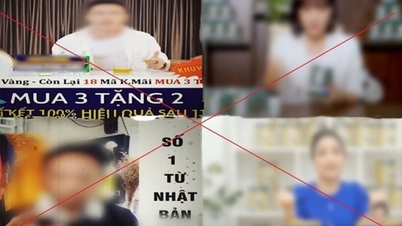




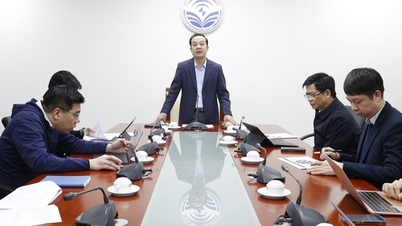


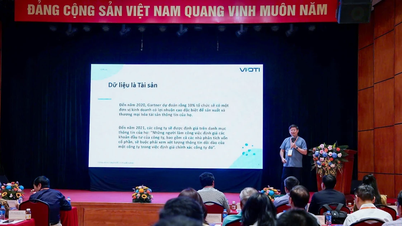

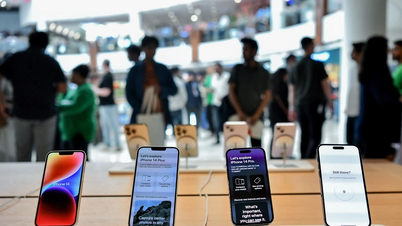













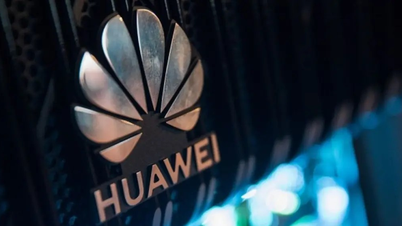

































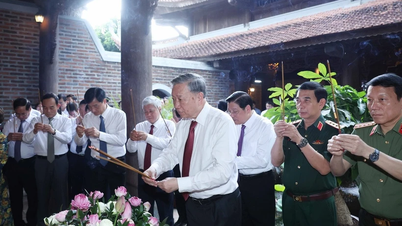
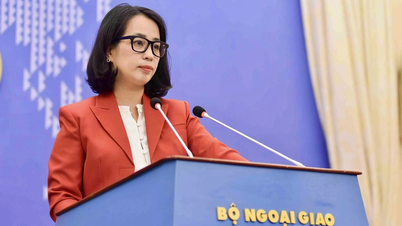









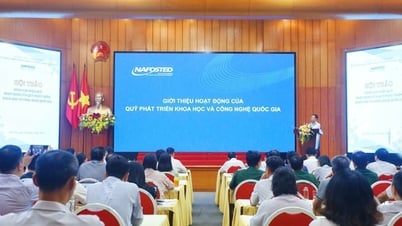
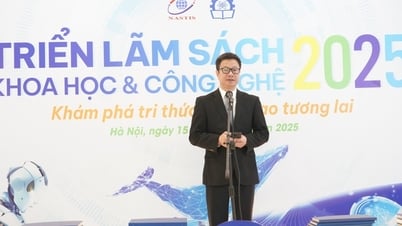


















Comment (0)